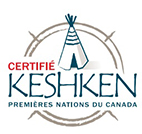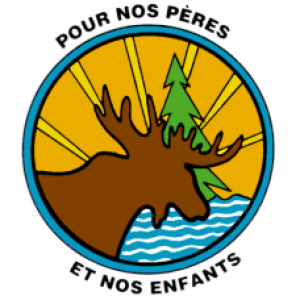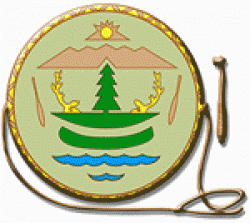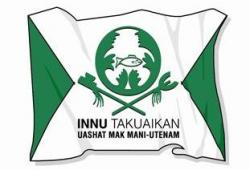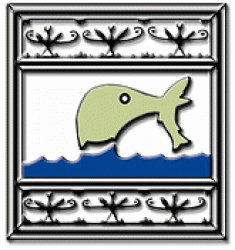
The Innu peoples are an Indigenous nation from the eastern part of the Québec-Labrador peninsula. They live mainly along Québec’s North Shore, but there is also a community in the Saguenay–Lac-Saint-Jean region (Mashteuiatsh) and two others in Labrador (Natuashish and Sheshatshiu).
Fishing has long been associated with a subsistence economy among Innu communities. For centuries, they have fished salmon, lobster, trout, eels, whelk, clams and mussels to ensure their survival. Today, the importance of this activity has in no way diminished. Indeed, the Innu own many fishing vessels and maintain valuable partnerships with processing plants. And due to collective ownership, all positive benefits from their work add to the well-being of the entire community.
Despite the modernization of fishing techniques, Innu communities continue to cultivate a relationship with nature based on respect and harmony. In keeping with the rules of an age-old tradition, Innu fisherwomen and fishermen throw the first batch of captured fish or seafood back into the water so that future generations may benefit.
Keshken thanks the following Innu communities for their contribution to the success of its mission:
